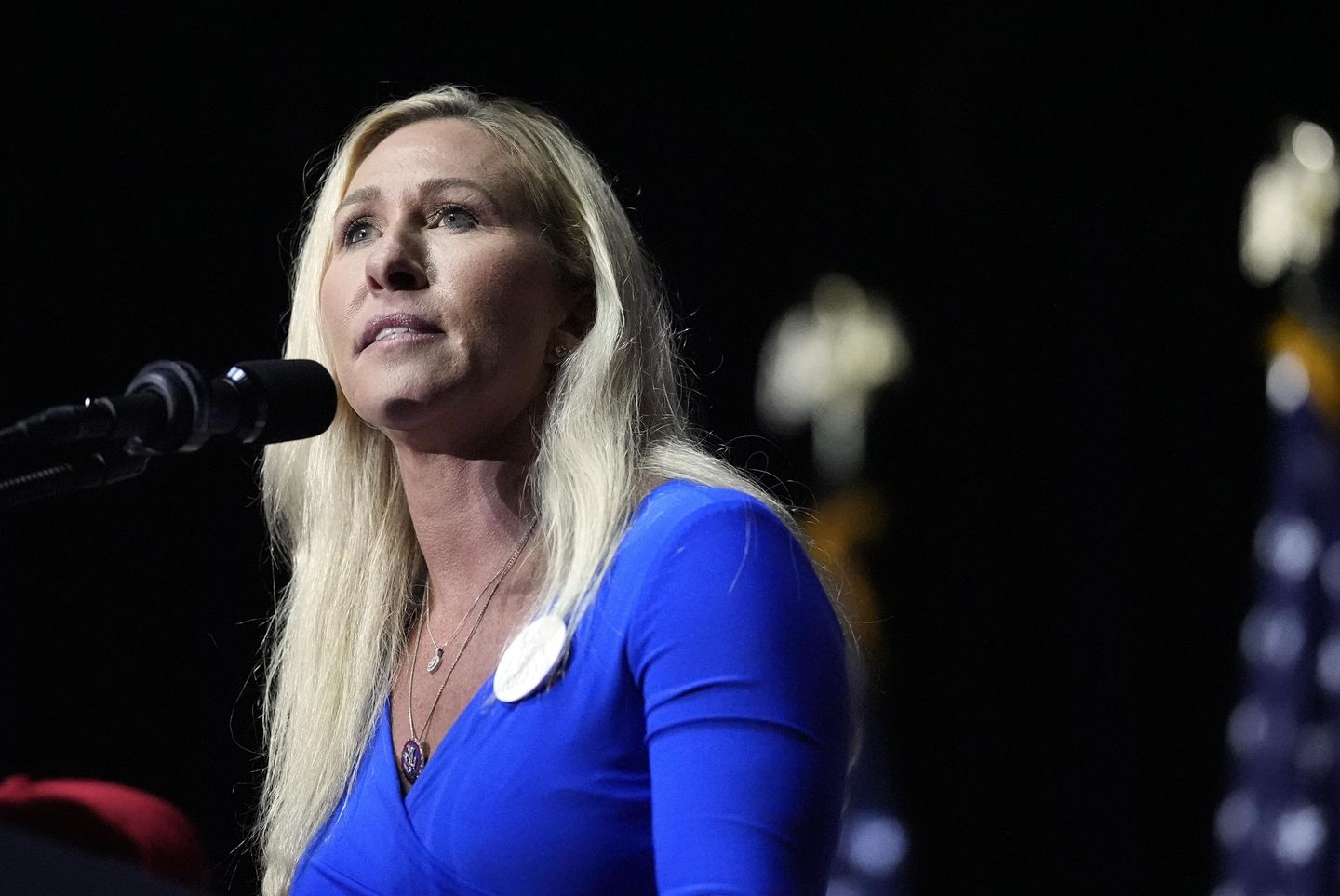Rep. Marjorie Taylor Greene, a controversial Republican congresswoman, made a statement on Friday claiming that natural disasters such as earthquakes and eclipses are signs from God that the country needs to repent for its sins. This assertion reflects Greene’s strong religious beliefs and her belief in divine intervention in world events. Greene’s comments have sparked debate and controversy, with many questioning the validity of her claims and the role of religion in politics.
Greene’s statement highlights her belief in a higher power and the idea that natural disasters and celestial events are not coincidental but rather divine messages. This aligns with her conservative values and her views on morality and spirituality. However, her assertion that these events are specifically related to the country’s sins raises questions about the intersection of religion and politics and the role of personal beliefs in shaping policy decisions.
The idea that natural disasters are signs from God is not a new concept and has been present in religious and spiritual beliefs for centuries. Many religious traditions view natural disasters as punishment for sin or as a call for repentance and atonement. Greene’s interpretation of these events reflects a fundamentalist perspective on religion and a belief in the power of divine intervention in human affairs.
Greene’s comments have drawn criticism from those who argue that her views are not based on scientific evidence or rational thinking. The idea that earthquakes and eclipses are messages from God is not supported by mainstream scientific understanding of these phenomena, which are typically explained by geological processes and astronomical events. Critics also raise concerns about the potential impact of Greene’s beliefs on policy decisions and the separation of church and state.
Overall, Greene’s statement on earthquakes and eclipses as signs from God reflects her deeply held religious beliefs and her conservative values. While her views have sparked controversy and debate, they also highlight the ongoing tension between religion and politics in the United States. As a public figure and elected official, Greene’s statements raise important questions about the role of personal beliefs in shaping policy decisions and the need for a balance between religious freedom and secular governance.









